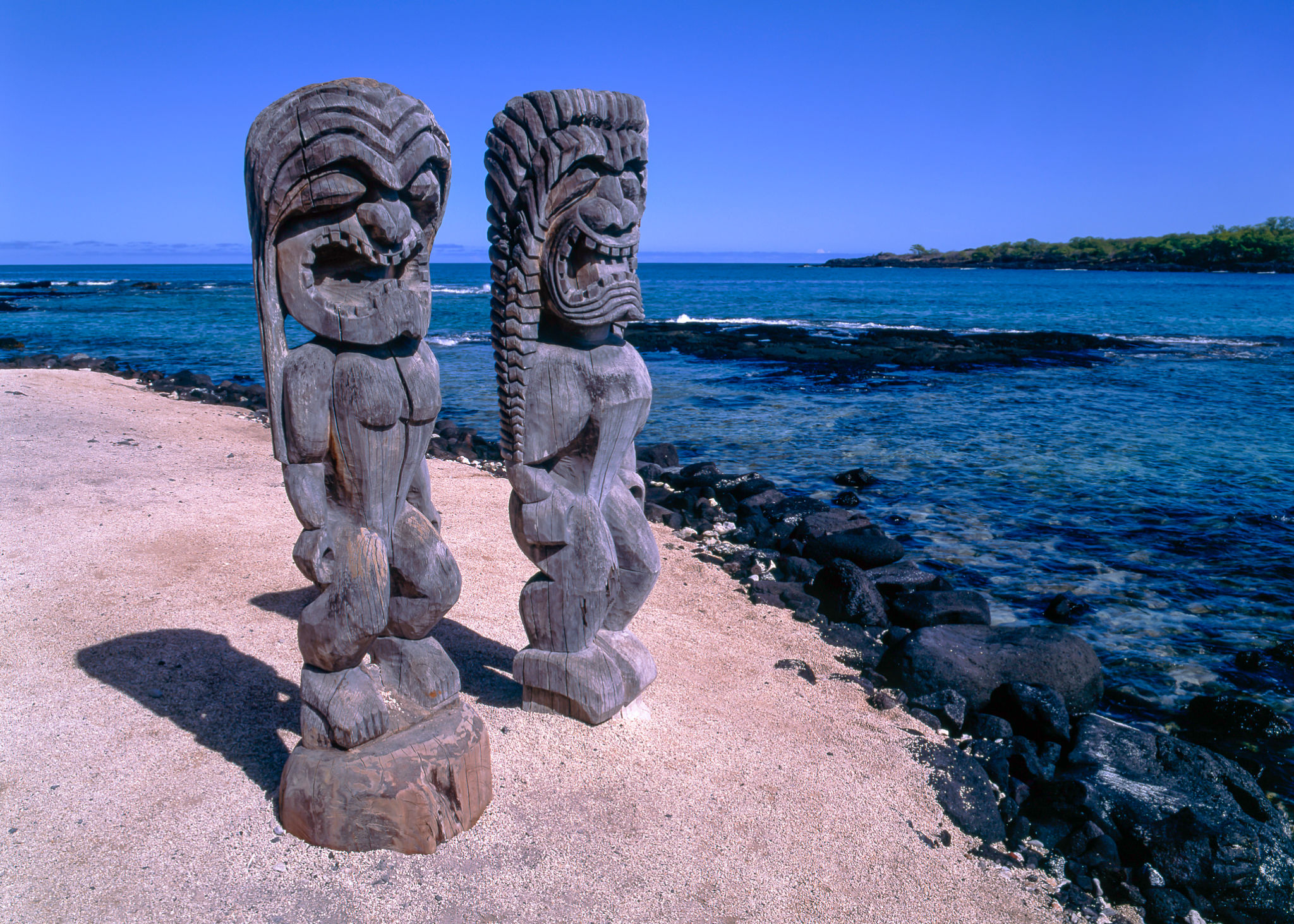Educational Resources for Hawaiian Subjects: A Comprehensive Guide
Introduction to Hawaiian Educational Resources
Education is a cornerstone of cultural preservation, and when it comes to Hawaiian subjects, it's vital to have access to comprehensive resources. These materials help foster a deeper understanding of Hawaii's rich history, language, and natural environment. In this guide, we'll explore a variety of educational resources that cater to Hawaiian subjects, ensuring you have the tools needed for an enriching learning experience.

Hawaiian Language Resources
The Hawaiian language, or ʻŌlelo Hawaiʻi, is an integral part of the islands' cultural heritage. There are numerous resources available to help learners at all levels. For beginners, online platforms like Duolingo offer interactive lessons. Additionally, the University of Hawaii provides comprehensive courses that delve into grammar and vocabulary.
For those looking to expand their knowledge, consider exploring Hawaiian dictionaries and translation guides. The “Hawaiian Dictionary” by Mary Kawena Pukui and Samuel H. Elbert is a highly recommended resource.

Historical Context and Resources
Understanding Hawaiian history is crucial for appreciating its present culture. A myriad of books and documentaries cover significant events such as the Hawaiian Kingdom era, the overthrow of the monarchy, and statehood. "Shoal of Time" by Gavan Daws offers a detailed examination of Hawaii's history.
For educational institutions, the Bishop Museum in Honolulu provides an extensive archive of historical documents and artifacts. Visiting the museum or accessing its online resources can significantly enhance one's historical knowledge.

Natural Sciences and Ecology
Hawaii's unique ecosystem offers countless opportunities for scientific study. The islands are home to diverse flora and fauna, many of which are found nowhere else on Earth. Educational resources in this field include guides on native plants and wildlife, such as "Hawaii's Native Plants" by Bruce Bohle.
Field trips to national parks like Haleakalā or Volcanoes National Park can provide hands-on learning experiences. For remote learners, virtual tours and online databases offer valuable insights into Hawaii's natural environment.

Cultural Studies and Traditions
Hawaiian culture is rich with traditions, stories, and practices that have been passed down through generations. To immerse oneself in these cultural studies, resources such as "The Kumulipo: A Hawaiian Creation Chant" provide foundational knowledge on Hawaiian cosmology and genealogy.
Workshops and community events often held throughout the islands offer practical experiences in traditional arts such as hula, lei making, and lua (Hawaiian martial arts). Participation in these activities can profoundly enhance one's understanding and appreciation of Hawaiian culture.
Conclusion
Accessing educational resources on Hawaiian subjects is essential for anyone looking to deepen their understanding of this unique and vibrant culture. Whether through language courses, historical archives, ecological studies, or cultural workshops, there are myriad opportunities to learn and grow. By engaging with these resources, individuals can gain a comprehensive view of Hawaii's past and present, enriching their personal and educational journeys.